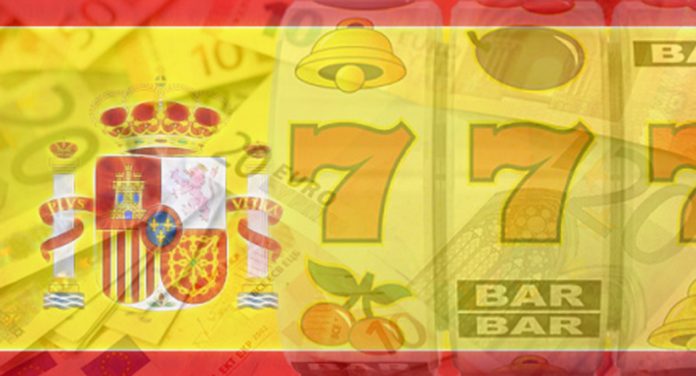The dawn of 2016 saw the Spanish government pass its first law concerning online gambling in Spain. As a result, sports betting was legalized across all outlets within the country or either online. However, this was not to be the case years later when the Spanish government introduced betting laws in Spain.
Consequently, this saw the world of gambling change within the region. Spain offered a bigger market than the home of online gambling, the UK. On the contrary, this is not the case anymore since the Spanish Gambling act came in with a set of new rules that saw the Spanish market sink. Gambling had been legal within Spain for the last 30 years until the bill came along.
License
Currently, the government uses a 10-year license for operators, as suggested by the 2010 board set up to fine-tune the laws on online gambling in Spain. Furthermore, the license is only granted if a company complies with the region to which it falls. For instance, if they are to fall within Aragon, then they will have to comply with Aragon’s policies. Aside from that, all applicants are required to meet the four conditions. That is:
1.Register with the relevant gambling registry
2.Comply with personal requirements.
3.Must comply with tax payment and social security obligations
4.They must deposit financial guarantees
In addition to this, it’s mandatory that each online gambling should apply for the two licenses, general and singular. The general license is granted by an open public tender and looks into aspects like software security and reliability; financial status of the organization; fraud and money laundering. As a result, public safety is checked to ensure that it’s all fair for the operator.
On the other hand, the “singular license” is a three to five-year permit that focuses on entities/services such as the “blackjack” or “roulette.” In addition, the “single license” can be called off by the DGOJ in case it doesn’t abide by the regulations.
Also, licenses cannot be transferred from one operator to another. Furthermore, the regulations require that online operators should have a “.es” domain attached to its URL. Because of this, the Spanish government has proven successful in stopping unregistered operators.
Adverts and Advertisements
The new policies do not support advertisements of gambling activities throughout Spain for betting sites that are not yet licensed. Furthermore, the act states that all adverts done via the media should be subjected to an authorization process.
Also, the bill ensures that minors are not subjected to gambling activities. To do this, the government has set the code of conduct act for gambling advertisements for operators. Here, the government has set specific periods on which operators can advertise.
Legal Online Gambling Sites in Spain
If you are a gambler, then all this overwhelming information makes you ask the question which casinos are legal. There are multiple legal online casinos within Spain, however if you are uncertain it is better to check it. You can do this for instance by checking the sites license and policies.
Conclusion
The Spanish government is continuously tinkering on the 2011 act to close in on the loopholes that operators look to exploit. As a result, gamblers can be sure that grey areas within the system are clear. Despite all these efforts, most Spanish Gamblers are quite uncomfortable with the whole policies set by the government. The government can, however, try making things crystal clear for Spaniards.





